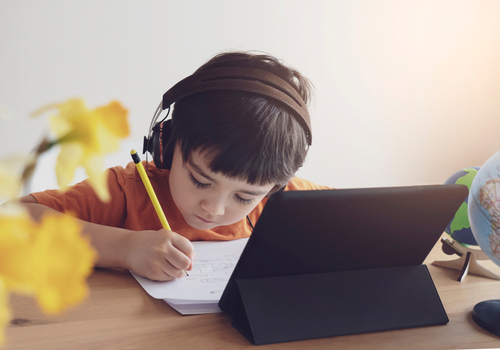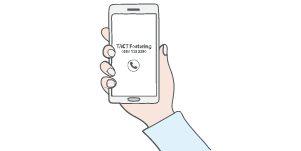Support for Foster Children
What support is available for Foster Children?
Although foster carers provide the main day-to day care and support for children and young people in care, TACT provide a number of additional support networks, services and communities – some of which are entirely unique to the organisation.
Our additional support begins the moment children enter our care, and continues into adulthood and beyond. This is our commitment to young people and is the cornerstone of why we exist as the UK’s largest dedicated fostering charity.
Engagement & Activity Practitioners
TACT has at least one Engagement & Activity Practitioners (EAPs) in each of our area teams across the UK, who provide additional support for foster children and the children of our foster carers. The role of an EAP is diverse and fully child-centred, and can range from organising group activities through to more therapeutic one-to-one sessions.
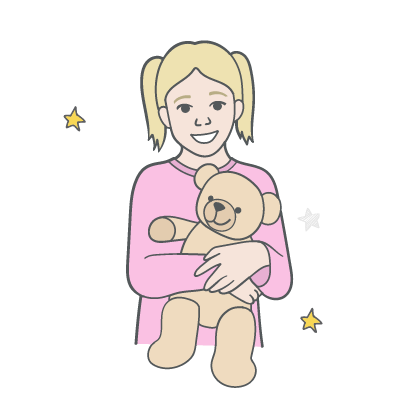
What do the Engagement & Activity Practitioners do?
Engagement and Activity Practitioners work closely with a child’s social worker, foster carer and other professionals to help identify activities that align with a young person’s hobbies, interests and any additional needs they may have.
These activities can have a profound and positive impact on mental health and wellbeing. Previous events provided by EAPs have included pottery painting, Go Ape days out, equine therapy, visits to theme parks, shows and national residentials.
Why are Engagement & Activity Practitioners so important?
Our Engagement & Activity Practitioners provide an invaluable level of support to both the foster carers and the children they care for.
All of our EAPs have varied skillsets to allow them to take on the role that each of our young people need. Some of young people will need their EAP as a friendly face to confide in, others will need them to support with more serious matters such as advice on forming friendships at school.
Children with additional needs also benefit hugely from our EAPs. For those children who struggle with change or being in larger group activities, they are supported by having independent time with their own EAP.
Our EAPs not only help our young people to thrive, but they also offer a huge arm of support to foster carers. With the ability to also provide emotional support, EAPs can be available for a young person to talk to or message – providing them with an additional point of contact should they require it. This has a huge impact on preventing breakdowns between the foster carer and the child.
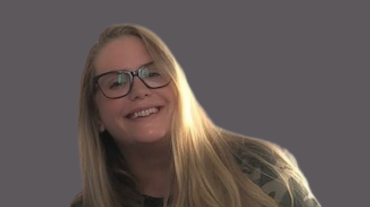
My role as a Children & Young People Well-being Practitioner
Jess from our North West team has been a Children & Young People Wellbeing Practitioner (CWP) for TACT since 2017.
Buddies for Young People
Coming to live with a foster carer can be an overwhelming and lonely time for young people.
Each and every child will have a huge circle of support provided by TACT, but sometimes this is still not enough. As such, we have also developed a buddy system for children coming into care with TACT.
Having another person who has faced similar challenges and experiences can be the reassurance that is needed.
It is important to point out that a young person is not obliged to engage with an EAP. However, because of the diverse and wide reaching nature of their role, many young people do engage with their EAP in some way.

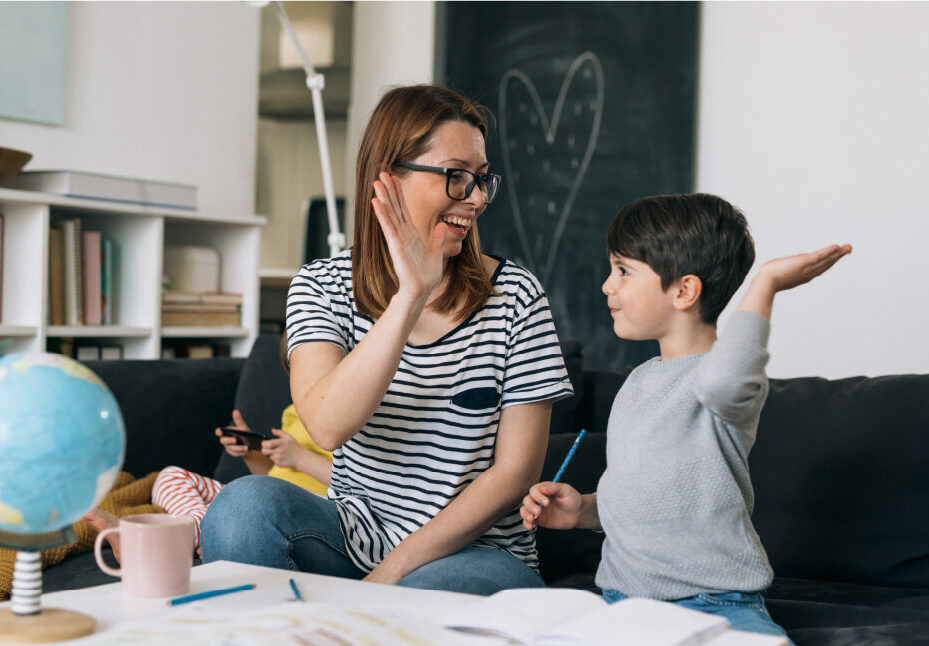
“Thank you for everything you have done for me. You have helped me through the highs, the lows, and helped me to do many things I wouldn’t of thought I could do. You helped me build my confidence even though there were times when I didn’t feel like it. I loved all the laughter and jokes we shared. I have loved the journey I have done with you and enjoyed every minute of it. Thank you for everything!”
A young person’s message to a TACT Engagement & Activity Practitioner
Specialist Support Services
We are always looking for new and innovative ways to provide support to our foster carers and young people. As such, we have developed a range of innovative services, including our own Education and Health Service – both of which are focused on achieving great outcomes for children and young people.


